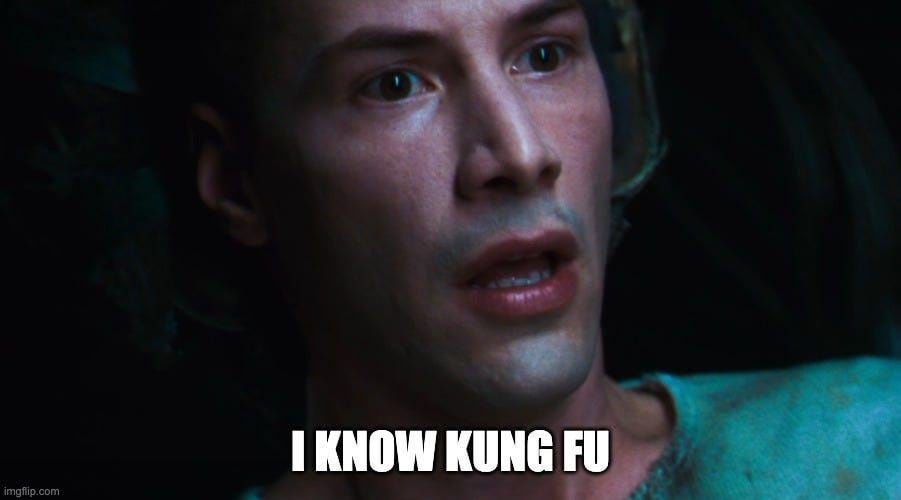In my early days as a wee junior VC, I tried to differentiate myself by being maximally responsive. Unlike my impossible-to-reach competitors — who demanded founders seek warm intros from a trusted third party in the Silicon Valley in-crowd — I read and responded to almost everything in my inbox.
Obviously most of these interactions went nowhere; that's the game in venture capital. But I at least tried to be helpful. Even if a meeting didn't make sense, I attempted to be liberal in providing feedback, encouragement, and sometimes even introductions to other investors who might be a better fit. It was cool, and a lot of people seemed to appreciate it.
I'm not telling you this so you'll think I'm some super terrific guy. This whole thing was strategic — I was trying to build a reputation and generate dealflow. And for a while it worked! Our seed investment in Skupos, which went on to raise over $50m and eventually be acquired for 9-figure consideration, kicked off with a cold e-mail that turned into a meeting. Many other interesting contacts and relationships originated similarly. I even wrote a Medium article advocating for this approach that became the most-read thing I've ever published (67,000+ pageviews as of this morning).
Equally importantly, being a Pied Piper for cold e-mail responsiveness was fun for me. The ability to generate new investment opportunities or meet cool new entrepreneurs from my laptop was essentially a game (and better suited for my introverted side than conferences and networking events).
This continued for a long while. But the last 12 months or so — as we've embarked on the brave new world of the AI era — have been very different. You could say the fun is now almost completely gone.
It's not that the quality of messages have gone down. If anything, the median quality of writing has gone up (I get a lot fewer wild, crazed messages from possibly insane people).
What's changed is the uncanny sense that there is no other person on the opposite side of this exchange. In the past there was a palpable feeling that, if I were to reply to this message, literally anything could come of it — an engrossing conversation, a new investment, a friendship, an argument, who knows. Now whenever I do reply, I either get bot slop sent back to me 30 seconds later, or more often I don't get anything back at all, even if my message was that I'd love to learn more about their company!
The emotional difference is vast. There's a real sense that, even if the startup opportunity sounds captivating or the writer sounds brilliant, all I'll inevitably accomplish by responding is falling into a GPT-powered dialogue with some ghost in the machine who is simultaneously having the same conversation with 10,000 others. This isn't fair to the non-AI founders who are authentically reaching out, but it's tough to shake the feeling, after so many annoying fruitless interactions, that nothing interesting or actionable is coming inbound via cold e-mail anymore. So I regretfully declare that my cold e-mail era is now (mostly) over.
But forget me for a second… nobody cares about my inbox. I can't be the only one who feels this way, right? My subjective reaction — which is a defensiveness and a defeat in the face of increasing doubts about who in my life is a real live human being — can't be unique. Are you guys seeing and feeling the same thing at your jobs, or on social media, in your dating apps?
I think what may be coming in our new AI world is a mass feeling of disorientation and fear.
Back in the cavemen days, you knew instinctively that the people in your tribe were safe, but any strangers outside the tribe were unsafe, a potential danger. As we developed civilization, our circle of safety expanded — mega-cities like New York are only possible if society develops a comfort around unknown people. The concept of globalism is perhaps the apotheosis of this development… not only are the poorest and most remote Afghanis, Indians, and Sudanese your kin, but so are the animals that we threaten with climate change. So are future humans who haven't even been born yet, so say the effective altruists.
I'll be the seven billionth person to point out that this movement is now in obvious retreat. Political pressure against the interests of strangers (whether immigrants, Ukrainians, Chinese textile workers, or the people we might protect by vaccinating ourselves against diseases that could harm them) is the highest I can recall in my lifetime. Is it a coincidence that these politics are transpiring at the same time we're reaching a technological moment where we're becoming less certain that the strangers who enter our lives are even people at all?
Hmm.





Nailed it!